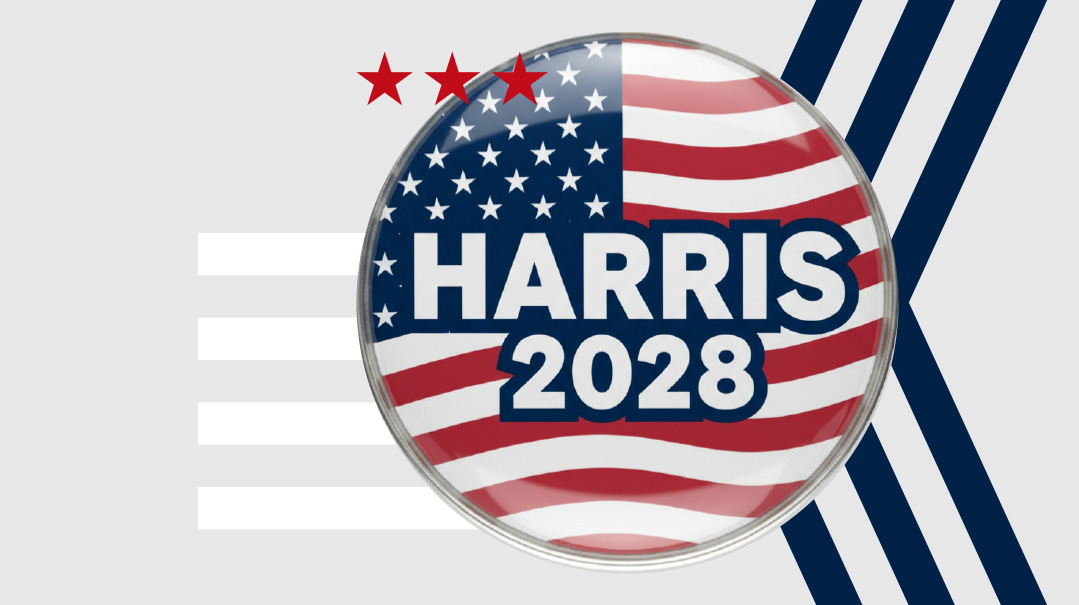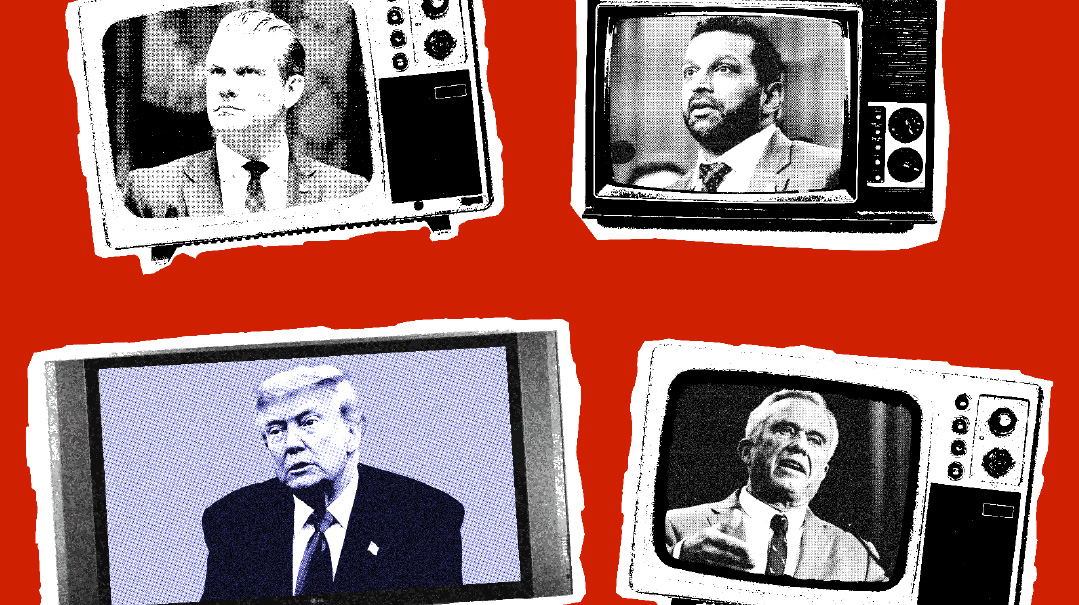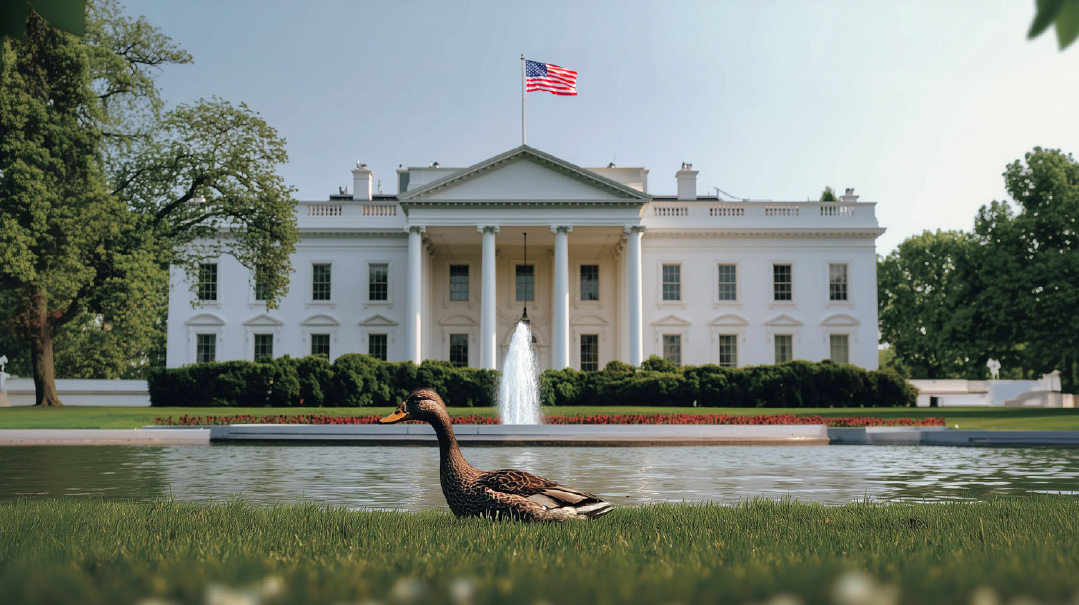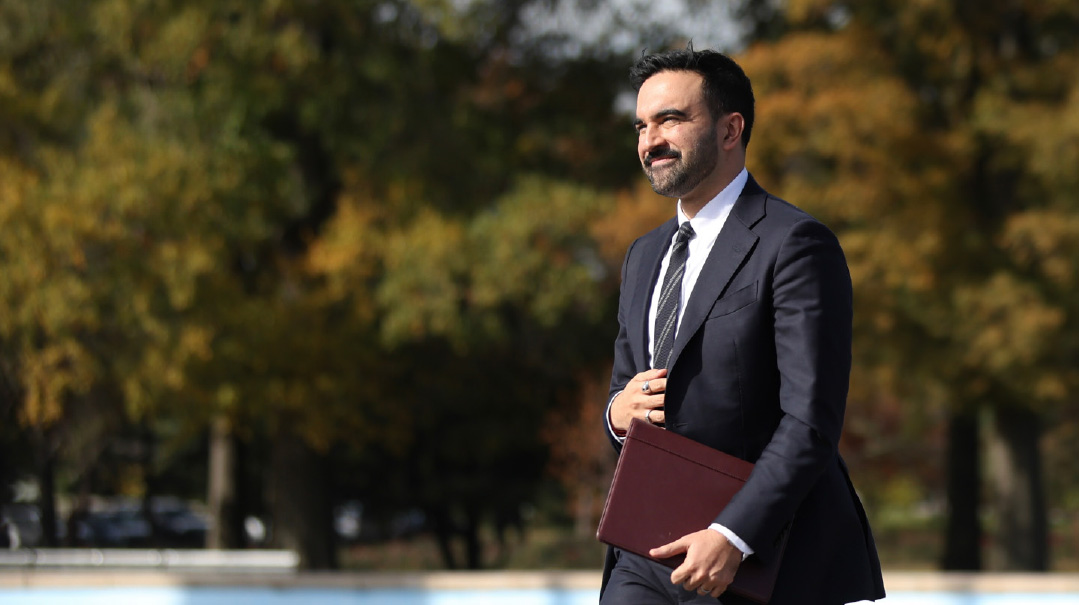Two Big Chances to Make a Change
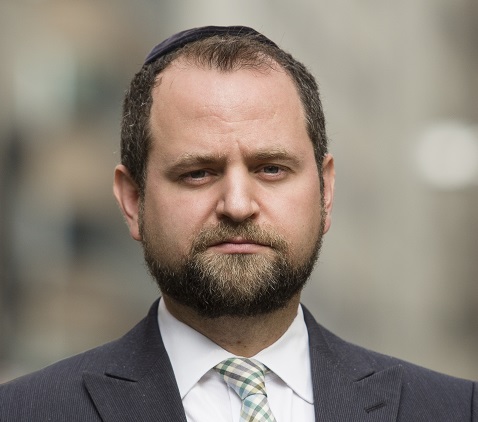
In two critical congressional races, local Jewish communities play an outsize role
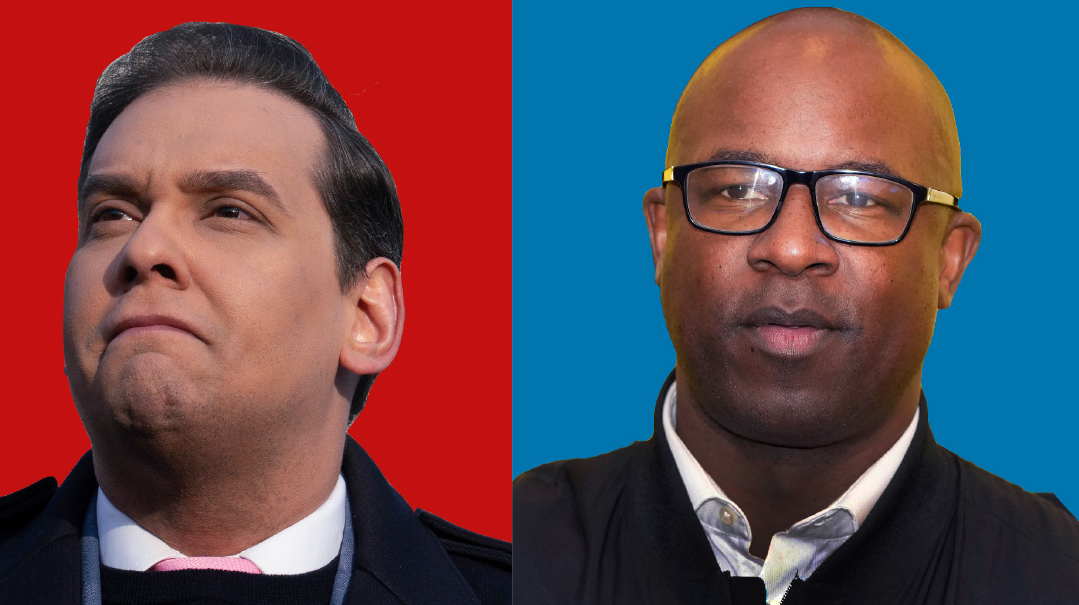
Two critical congressional elections are coming up soon in New York, and the Orthodox Jewish community is poised to play an outsized role in races that could have important national ramifications. The first is a rare special election to fill a seat in the 3rd District on February 13, 2024, and will feature a Jewish candidate. The second is a Democratic Party primary in the 16th District that will come later in the year, offering the chance to unseat a member of “the Squad.”
Republican George Santos of the 3rd District was expelled from Congress on December 1 due to House ethics complaints, allegations of fraud, and many other infractions. Santos gets credit for bringing together a bipartisan consensus on his expulsion — only the sixth ever for a member of Congress. The sudden vacancy necessitates a February special election for the district, which encompasses the North Shore of Long Island and the far northeast of Queens, and is home to a substantial frum community.
The Democratic Party has cleared the field for former incumbent Tom Suozzi, who has relationships with members of our community from his first stint representing the district. The Republicans are putting up a very intriguing candidate: Nassau County legislator Mazi Pilip, an Orthodox Jewish mother of seven who served in the IDF. When she was 12, Pilip’s family left Ethiopia for Israel in Operation Solomon. She grew up to serve in the Tzanchanim (Paratrooopers Brigade), earn degrees from the universities of Haifa and Tel Aviv, and marry Adalbert Pilip, an American Jew who is now a cardiologist in Great Neck.
Aside from the interested members of our community, every elected official, political pundit, and those who follow campaigns — like those reading this column — will be watching this rare February election to see what it portends for the House majority. A Democratic win could foreshadow a blue wave come November. Additionally, one less seat for Speaker Mike Johnson to rely on in the here and now makes the Republican majority that much less effective.
A Republican victory will give them hope for the midterms and boost their fundraising. Republican Santos had defeated Democrat Suozzi in 2022, and the Cook Political Report ranks the current race as a tossup. It is a true swing district. But in terms of national importance, it pales in comparison to what’s cooking in another district only 30 miles away.
In New York’s 16th Congressional District, Westchester County Executive George Latimer has declared his intention to challenge incumbent Congressman Jamaal Bowman for the Democratic nomination. On paper this seems to be a run-of-the-mill primary, but Bowman’s résumé is what makes this one of the biggest races we will see this year. Bowman is a proud member of “the Squad,” the far-left group whose membership includes Alexandria Ocasio-Cortez (AOC), Rashida Tlaib, Cori Bush, and Ilhan Omar.
Bowman has an extremely strained relationship with the Jewish community in his district. A meeting he recently held in Westchester with community leaders was boycotted by some and even drew protests outside the venue. Bowman has staked out a truly extreme position on the war against Hamas, accusing Israel of “genocide” and “ethnic cleansing.” Against this backdrop, Latimer’s announcement sparked true excitement throughout the entire Jewish community. I was told that no fewer than five WhatsApp groups sprang up immediately to organize in advance of this June primary.
Defeating a member of “the Squad” would make not just national news but international news. No Squad member has yet lost an election, and certainly not a Democratic primary. The defeat would be viewed as a sign that the group’s influence on the Democratic Party is waning, that the group’s views are outside the mainstream, and that prospective Democratic candidates elsewhere would be well advised to distance themselves from the Squad.
Imagine if the frum community helped decide these two elections.
The math in these races gives an individual vote greater impact; all the more so when a community votes en masse, and the greatest when multiple communities turn out to vote.
First let’s do the math.
Special elections generate low voter turnout and are typically decided by very close margins. In August 2022, there was a special election for a similar swing seat in New York’s 19th District. After Congressman Antonio Delgado moved up to the Lieutenant Governor’s office, the 19th District seat was up for grabs. Democrat Pat Ryan defeated Republican Marc Molinaro in the special election by only 3,000 votes, on a turnout of only 27 percent. That race showed what an outsized impact a vote can make in a special election.
Party primaries are similar to special elections in terms of their low turnout and tight margins of victory. In Jamaal Bowman’s first primary, he defeated three-decade incumbent Elliot Engel by 13,000 votes in a race that had a total turnout of only about 83,000 votes. Bowman followed a model created by others looking to defeat longtime incumbents: out-organize an overconfident opponent who hasn’t had to defend his seat, and turn out your base more than he turns out his. Fellow Squad member AOC used this model to defeat longtime incumbent Joe Crowley.
Bowman’s issue now is that he is the incumbent, and this is the first serious primary he’s faced since being elected. Furthermore, a significant part of his constituency — namely, the Jewish community — feels antagonized by his stated positions. That’s not a good formula for retaining a seat.
These races offer our community ripe opportunities. But as we’ve mentioned before in these columns, we need to follow a certain political formula in these situations. Making an impact in low-turnout races requires adhering to the “Three Cs”: 1)candidate communications 2) coalition building 3) coming out to vote.
Candidate communications
Get the candidate to talk to you. A candidate who wants to win will visit anyone and go anywhere for votes — unless he is afraid to answer tough questions or he’s written off entire communities. Create forums to meet the candidates and hear how they will support what you care about. Yes, even inviting them to your home to meet with ten of your friends can make an impact.
Coalition building
Other interest groups also care about your race. Every candidate is seeking endorsements from labor groups, business coalitions, and other faith groups. Reach out to the ones who are endorsing your candidate and ask them to work with you on the most important C, the next one.
Coming out to vote
Only a month ago, our community demonstrated that we are developing healthy habits with regard to this topic. Lakewood turned out to vote at an unprecedented rate to elect Assemblyman Avi Schnall. And this race wasn’t a special election or a primary; it was a general election race, and the community’s vote made a critical, decisive impact that everyone in New Jersey politics is still talking about. But Lakewood wasn’t the only frum community to vote in large numbers that day. So did Bergenfield, Teaneck, Passaic, and Deal.
If you live in New York’s 3rd or 16th congressional districts, you must register to vote and create a voting plan. You must tell 10, 20, 100 of your friends to do the same.
Voters in these districts can play a historic role in the 2024 election cycle.
Even if you don’t live in one of those districts, you still have a responsibility. Who’s to say the primary or the general election in your community won’t be competitive, especially after the results of these groundbreaking elections, which the whole country could be talking about? What’s stopping you from engaging in the “Three Cs” and meeting your candidate, forming coalitions, and making a plan to come out to vote?
Something is happening. There is a different energy in our community when it comes to exercising our civic responsibility. And elected officials and party activists are paying attention to our community and its relationship with the people who hold power in Washington.
Congress is calling. Will we pick up the phone?
(Originally featured in Mishpacha, Issue 991)
Oops! We could not locate your form.


